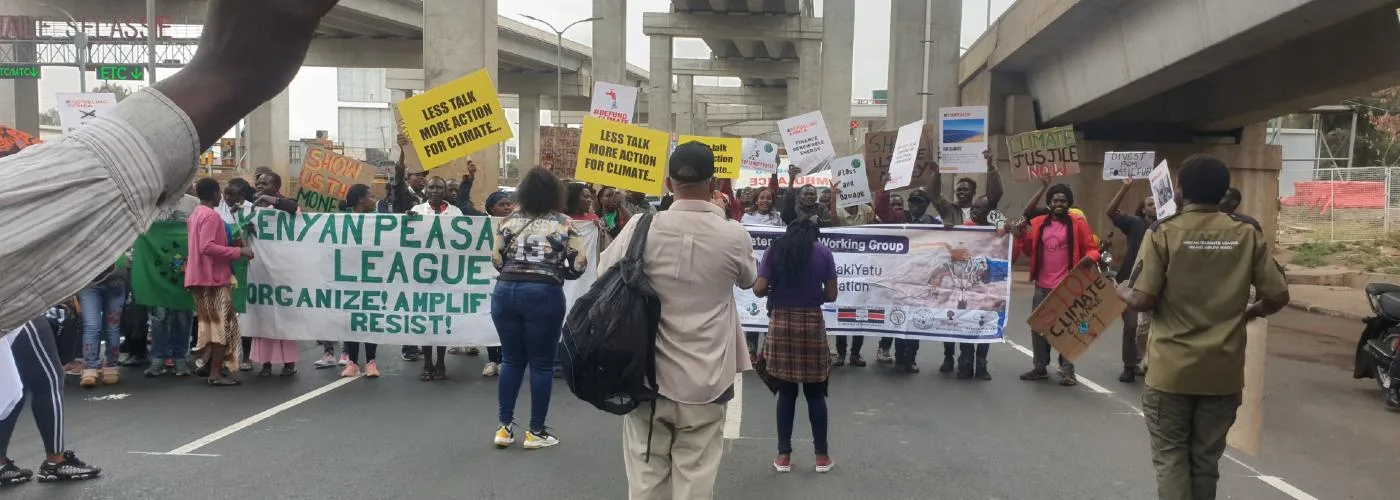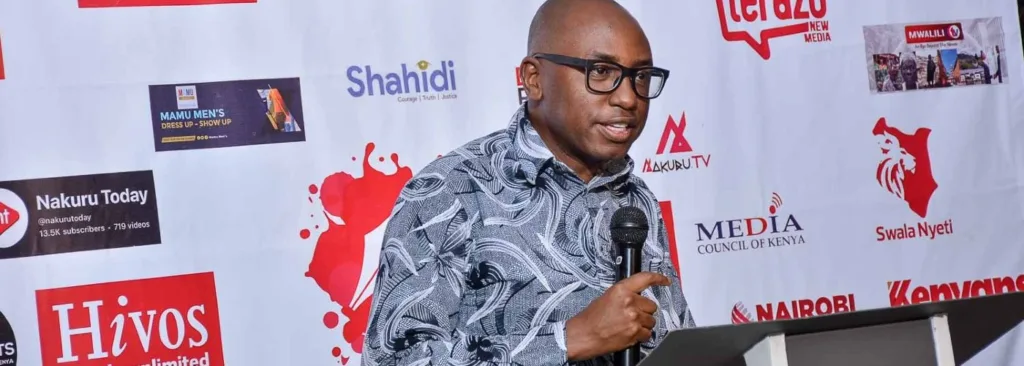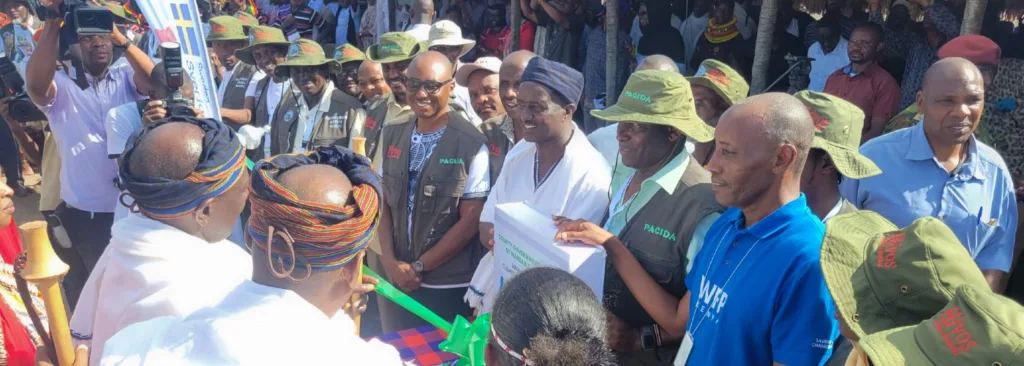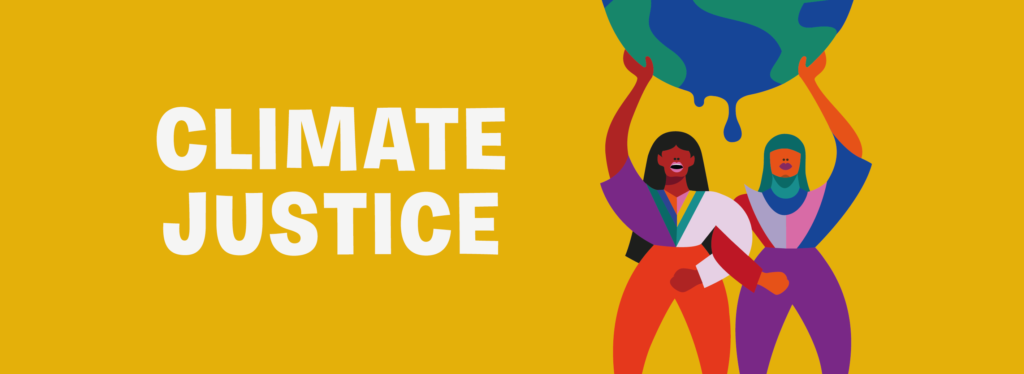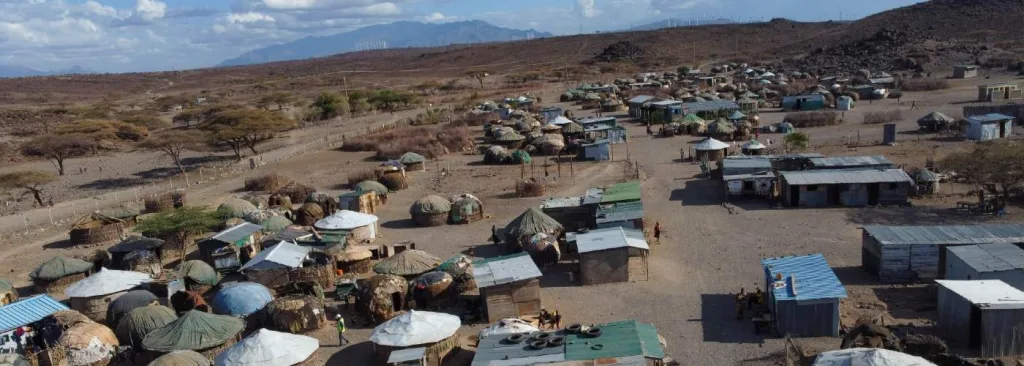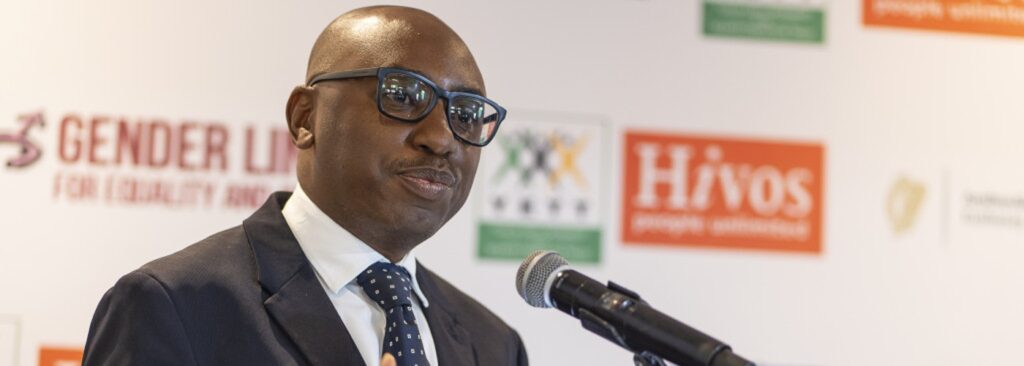Last September’s African Climate Summit, where African leaders gathered to decide on collective positions ahead of COP28 in Dubai, proved a disappointment in several important ways. The summit’s declaration just made a cursory mention of women, youth and Indigenous communities, while ignoring the elephants in the room – oil and gas – where most new energy investment in Africa is set to flow.
We firmly support African leaders’ calls for debt relief, fair global tax rules, and massively increased climate finance. But we need leaders to make transparent commitments to use these funds for inclusive, local, people-led development. Otherwise, “green” investment will perpetuate the failed models of the past that have impoverished so many African women and youth.
The open letter below by Kennedy Mugochi, regional director at Hivos East Africa, spells out what all African Leaders at COP28 must push for.
10 November 2023
Open Letter to all African Leaders at the COP28 United Nations Climate Change Conference
Your Excellencies,
Hivos is an international development organization with regional headquarters in Kenya and Zimbabwe. We work with local partners in many other African countries on issues critical to the continent’s future – including climate justice.
From November 30 to December 12, COP28 will be held in Dubai and is a historic opportunity for African leaders to play a pivotal role in forging a new paradigm for climate action by being strong advocates for the interests of African nations.
We respectfully appeal to you to champion three key pillars of this new paradigm at COP28.
1. Uphold African Peoples’ interests at COP28
African governments must ensure that African resources and initiatives are not captured or diverted to meet the interests of foreign market actors, as we have seen recently with the dash for Africa’s gas. We are deeply concerned that proposals such as diverting renewable energy towards the production of green hydrogen for export, or establishing tax-free zones for mining transition minerals, may be rushed through without proper consultation and scrutiny to ensure that such initiatives advance the needs and rights of African people.
We call for greater resources and policy space to be devoted to locally-led, community-driven climate action, which is often more effective and less costly than top-down initiatives. In the first phase of the Great Green Wall project in the Sahel, for example, governments and donors spent hundreds of millions of dollars on a tree-planting drive without adequately consulting local communities. Eighty percent of the trees died. Only when the project re-focused on supporting existing Indigenous techniques to regreen the landscape did success rates start to improve.
African leaders attending COP28 should endorse the Eight Principles for Locally Led Adaptation. As further advocated by the LDC group in their 2050 Vision, they should set a target that by 2030 at least 70% of finance will support local-level climate action, with full participation of communities and the most climate-vulnerable groups (including women, youth, and Indigenous people) in deciding how such funds are spent.
2. Equitable energy transition
In the run-up to COP28, major polluter nations are once again adopting tactics of diversion and delay on the phase-out of fossil fuels, even as the 1.5-degree Celsius target hangs in the balance. African nations stand to lose the most if global warming accelerates beyond 1.5 degrees. It is therefore vital that African leaders call for an immediate stop to the expansion of the fossil fuel industry – no more public and private financing, licensing, and construction of new fossil fuel projects (mining and generation).
Fossil-fuel investment should instead be diverted towards a managed and just phase-out of existing fossil capacity and the tripling of renewable capacity. Much greater focus is needed on promoting and integrating gender-responsive, distributed, and decentralized renewable energy systems. This will not only close the affordable energy access gap by 2030, but also contribute significantly to women’s empowerment, poverty reduction, and job creation through micro and small enterprises.
3. Transforming climate finance
The current COP process to set a New Collective Quantified Goal for climate finance (NCQG) represents a crucial opportunity to transform the failed climate finance system that has so far dramatically failed to meet the needs or consider the voices of Africans.
In line with Clause 2.1 of the Paris Agreement, COP28 must make decisive commitments on:
- Dedicating 50% of climate finance to adaptation.
- Resourcing the loss and damage fund promised at COP27, which will require USD 440.5 billion by 2030.
- Ensuring climate finance for developing countries is new and additional to official development assistance and primarily takes the form of grants and other non-loan instruments.
- Mobilizing new public resources to help cover the estimated USD $1.2-$1.7 trillion needed annually for climate action in emerging and developing countries by 2030, for example through innovative levies on fossil fuel trade and subsidies, fossil industry profits, aviation, and maritime transport; and a share of developed countries’ revenues from carbon taxes.
- The creation of more democratic and inclusive institutions to govern climate finance. This means not only giving developing country governments a fair say, but also bringing affected communities and civil society to the table at all levels of decision-making, from global to local.
- The operationalization of an adequately and properly funded Loss and Damage Fund that is an independent institution under the guidance of the UN Framework Convention on Climate Change, with a democratic governance structure, and robust mechanisms for the involvement of affected communities and civil society organizations.
COP28 is a critical opportunity for African leaders to seize global leadership on climate change. We urge you to make bold commitments that will not only protect the planet but also uphold the rights, resilience, and self-determination of our people.
Yours truly,
Kennedy Mugochi
Regional Director
East Africa

